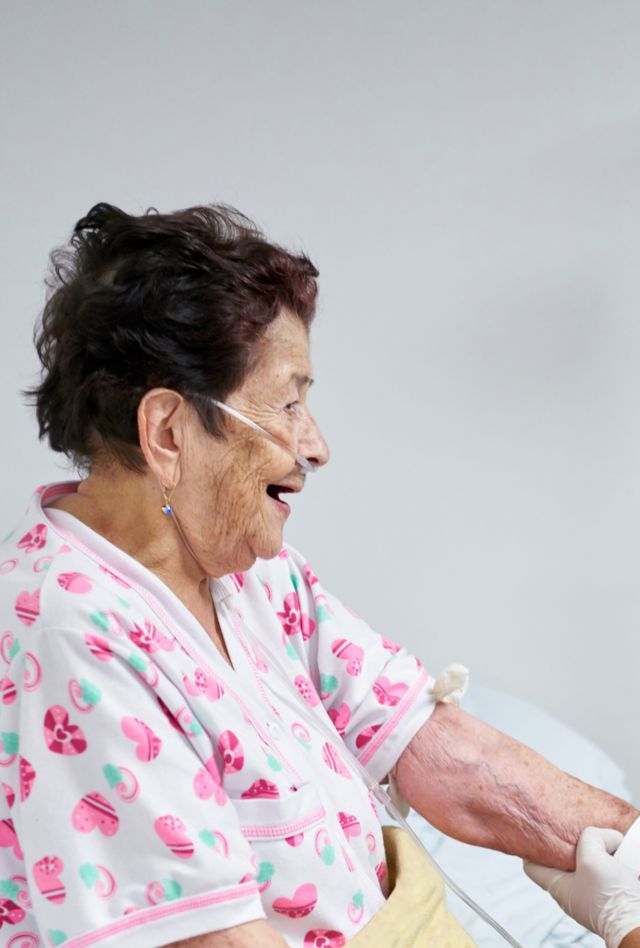Evaluation of the ACO REACH Model

Problem
CMS wants to determine whether the ACO REACH Model is improving quality of care while reducing Medicare spending.
The Centers for Medicare & Medicaid Services (CMS) is committed to giving Medicare beneficiaries access to health care centered on their needs. To be most effective, care delivered to Medicare beneficiaries must represent high value so that using health care leads to better health outcomes. The ACO REACH Model seeks to improve the quality of care and health outcomes for Medicare fee-for-service beneficiaries through alignment of financial incentives that promote effective and appropriate care.
CMS has partnered with NORC to assess the effectiveness of the model’s ability to improve quality of care and reduce expenditures for Medicare beneficiaries attributed to participating ACOs.
Solution
NORC’s evaluation maximizes the use of multiple data sources, building an integrated approach to assess the model’s effectiveness.
NORC’s firsthand knowledge about ACO models—how they evolve over time and how their success reflects factors at the ACO, provider, and beneficiary levels—informs an evaluation framework and design that maximizes the use of data generated from multiple sources. NORC is drawing from these data sources to conduct qualitative multi-case analyses to relate key implementation features to cost, quality, and utilization outcomes.
Result
NORC’s evaluation will provide impact estimates across multiple health utilization, cost, and quality measures.
NORC’s mixed-methods evaluation of ACO REACH will provide CMS with rigorously derived estimates of the model’s impact on utilization and cost, describe and explain nuanced variation in outcomes, and provide a clear understanding of beneficiaries and providers' experiences and ACOs in the model. These findings will help inform CMS policymakers’ decisions related to the model and other initiatives advancing the agency’s accountable care goals.
Related Tags
Project Leads
-
Kristina Hanson Lowell
Vice President & Senior FellowProject Director & Primary Contact -
Gretchen Williams Torres
Vice PresidentQualitative & Mixed Methods Lead -
Shriram Parashuram
Program Area DirectorQuantitative Lead -
Erin Ewald
Principal Research ScientistData Manager










